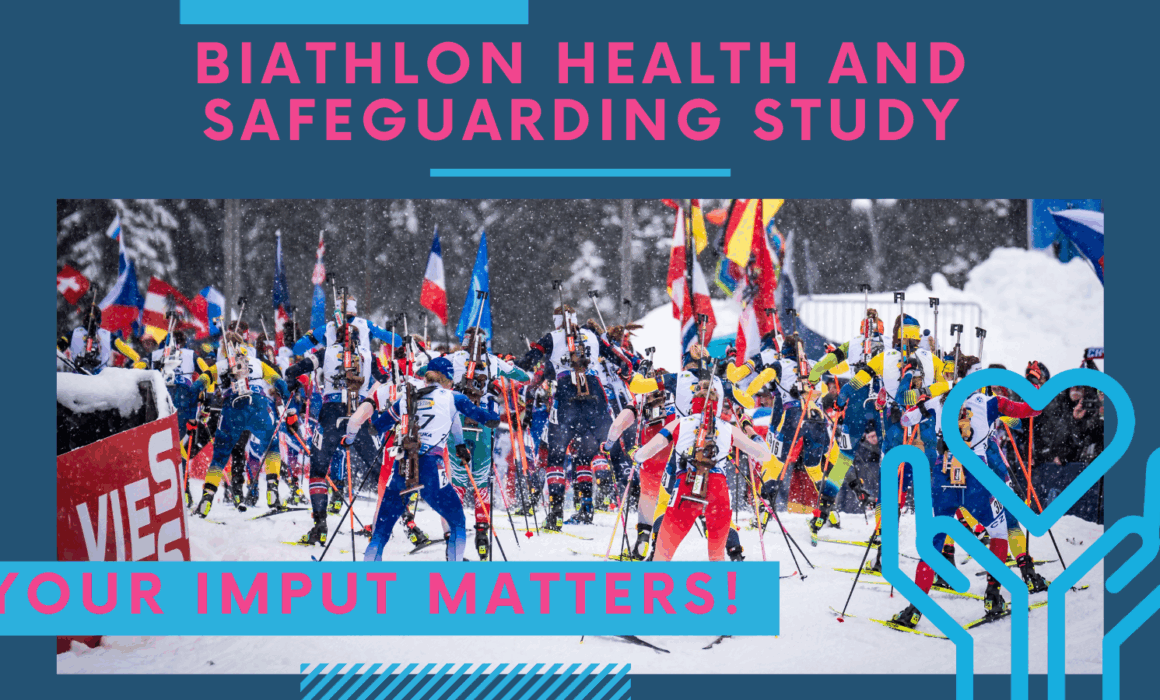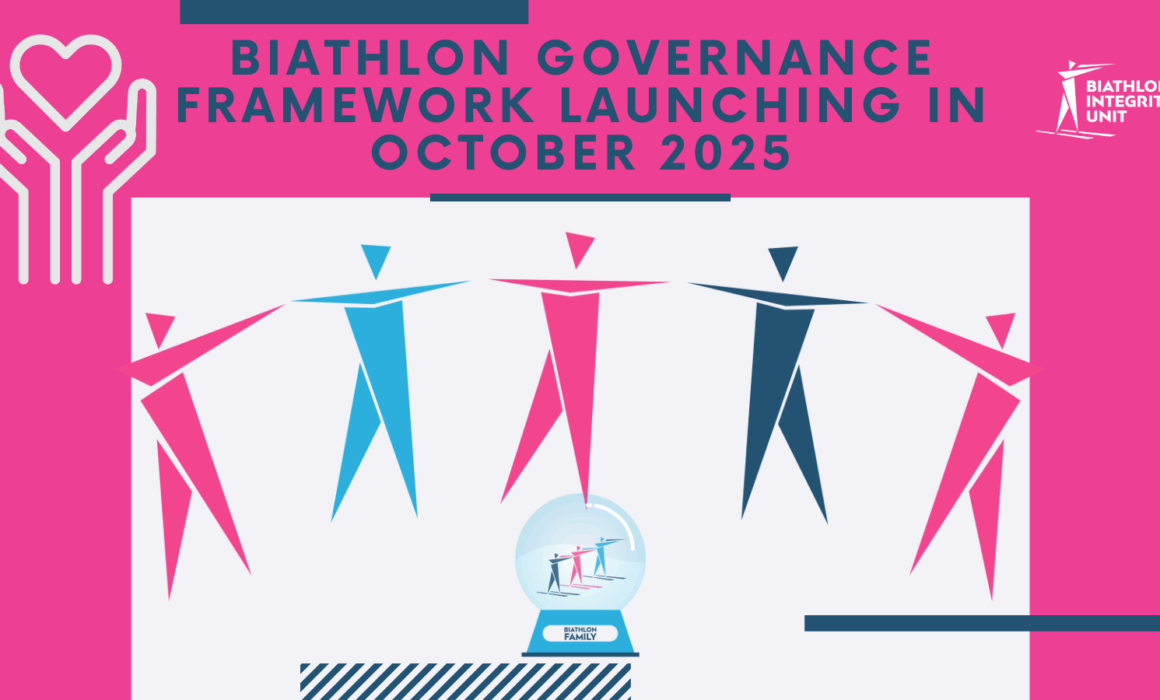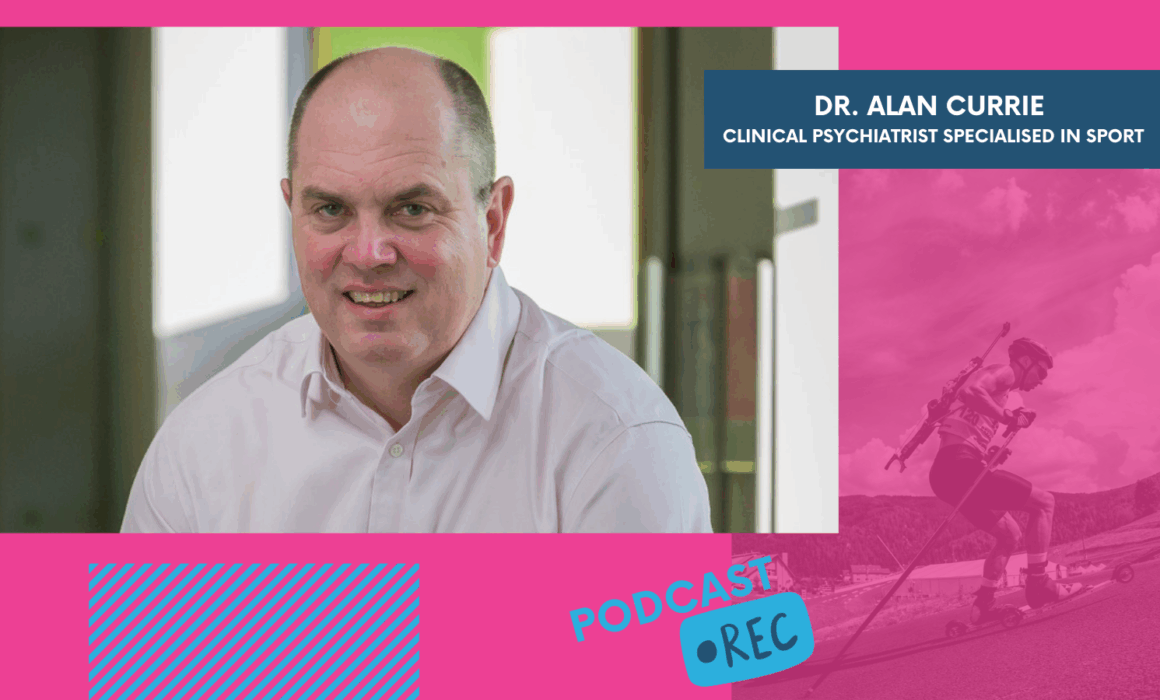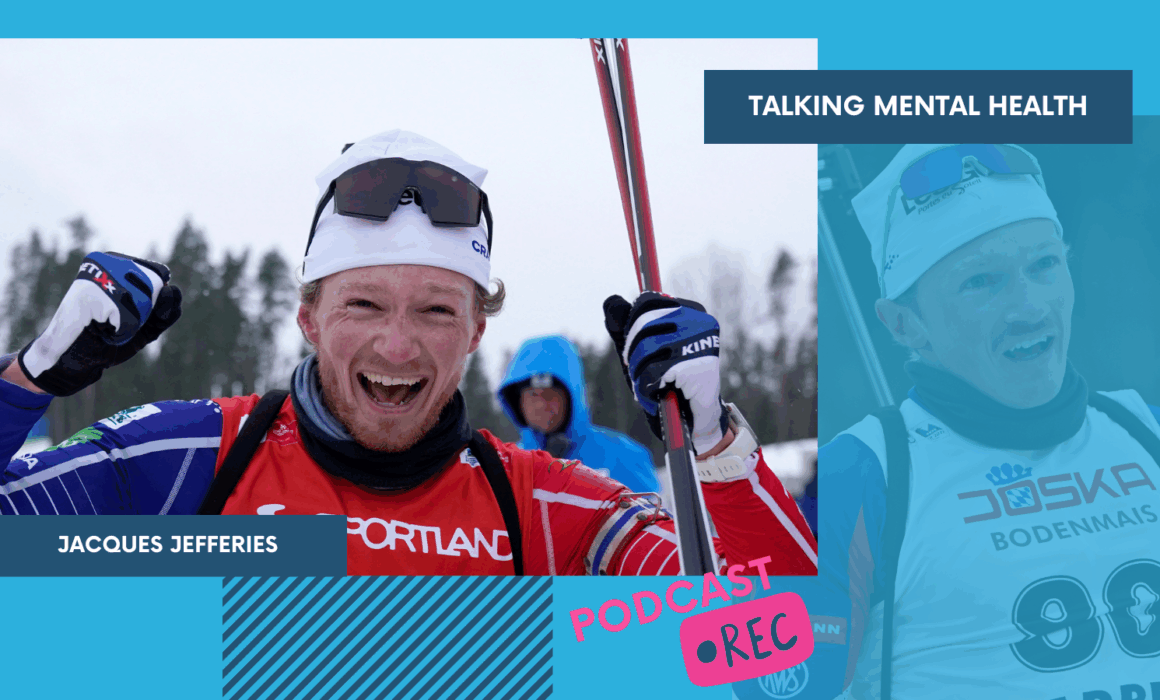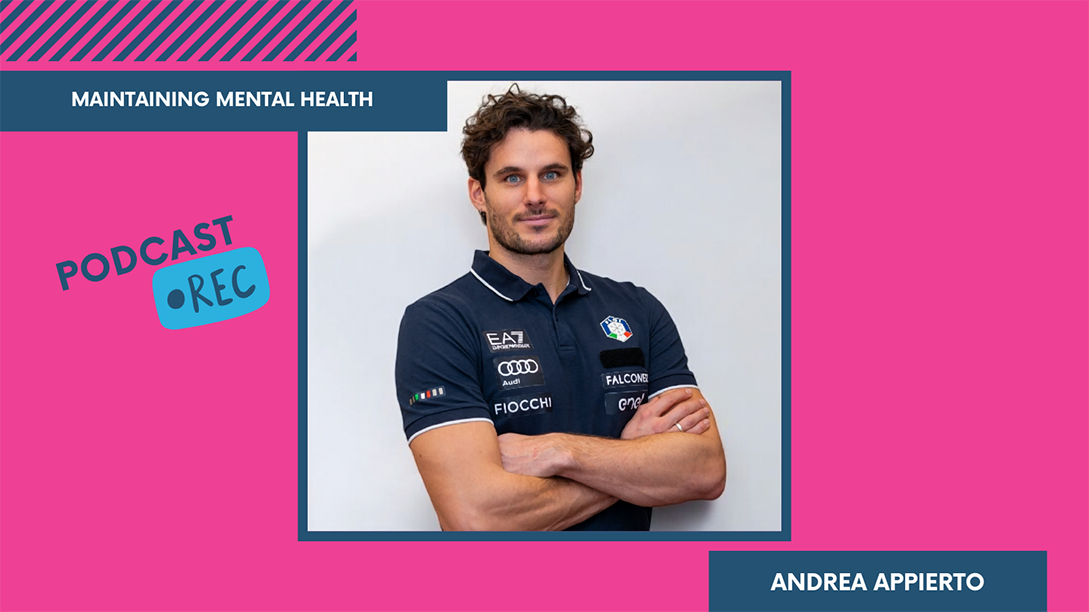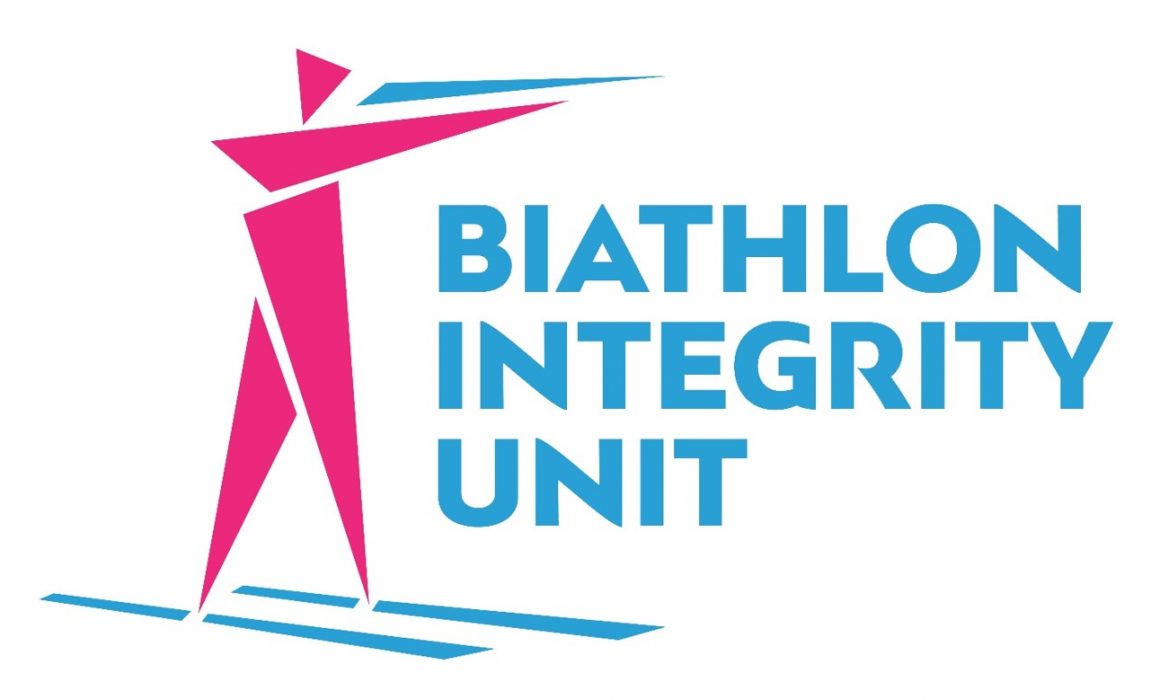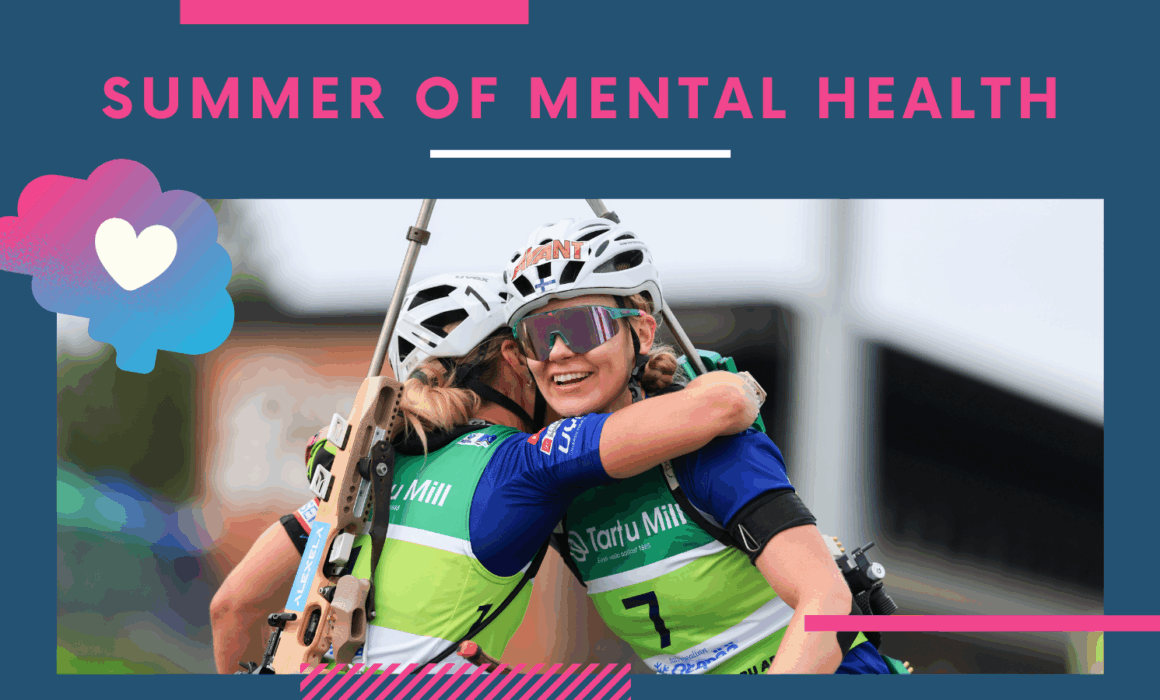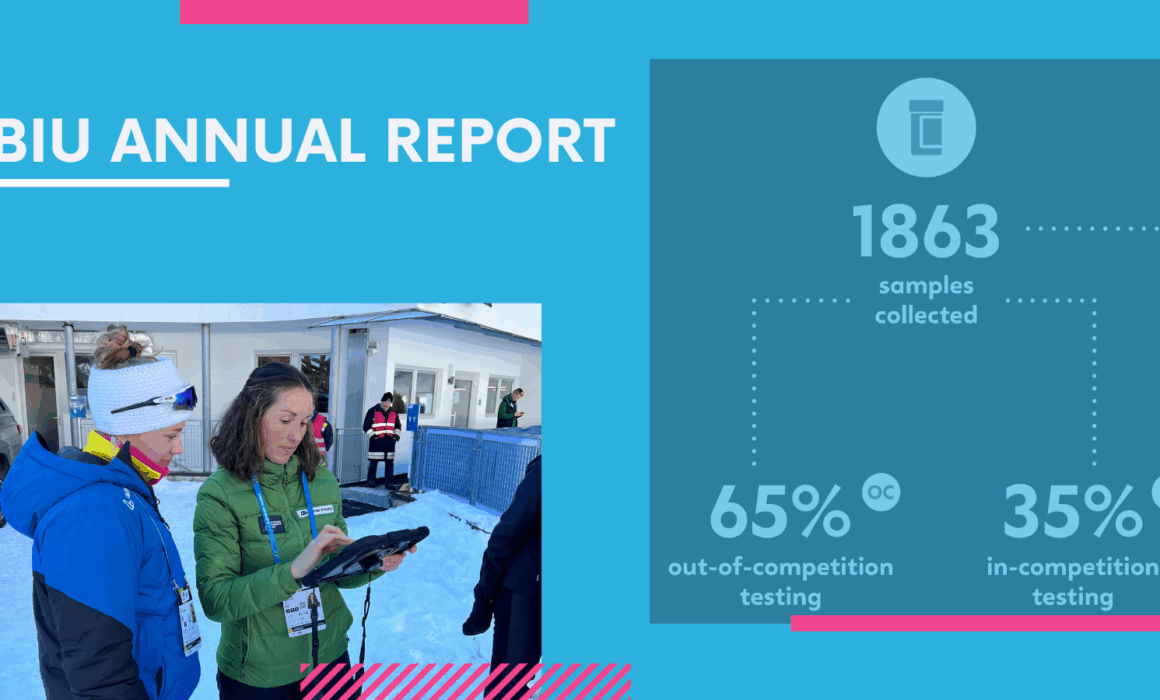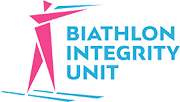From collapse to credibility: how biathlon reclaimed its integrity
How and why was the Biathlon Integrity Unit founded, and how has integrity become central to the governance of the sport of biathlon?
In early October, Alex Marshall, a BIU board member, and Julia Cook, the BIU’s Governance Coordinator, gave presentations at Play the Game 2025.
Alex’s presentation, entitled ‘Regaining trust: building an independent integrity unit’, tracked the seven-year integrity journey (and counting) of the International Biathlon Union since the world of biathlon was rocked by a police raid on the IBU’s headquarters in Salzburg in 2018, and the subsequent launch of a criminal investigation into the former IBU president, Anders Besseberg.
Alex’s presentation explained how, under the former leadership of the IBU, power had coalesced in very few hands, while commercial interests and personal advancement had come to be seen as more important than the health and integrity of the sport.
There was no independent thinking or decision-making around integrity decisions, and there was also a lack of trust from the athletes towards the governing body.
Rebuilding trust
In the wake of the crisis, an independent review commission drafted a new constitution for the IBU, which included the creation of the BIU which would operate independently from the overall organisation of the IBU.
But the BIU’s biggest task, Alex explained, was to win back the trust of the sport’s various constituencies. “Think of all the people who had lost confidence in biathlon,” he continued. “The media didn’t trust it, the fans didn’t trust it, and the athletes didn’t trust it. The sponsors, the broadcasters, they’re not trusting it. That’s a lot of people to win back”.
So how did the IBU and the BIU win back that trust? “You don’t win them back with a constitution,” Alex argued. “You win them back with human beings who have the right approach. And we were very lucky, as we were able to recruit in.”
The ethos of the BIU is about independence, independent thinking, and protecting the sport, Alex explained. Consequently, after five years of operations, “the athlete community is talking to the integrity unit, telling them things, engaging with them,” while “the [IBU] board president has been supportive of the new approach throughout, and the relationship between the unit and the board members has matured greatly over five years”.
The result was that the IBU has gained the highest governance score among IOC international federations with under 50 staff
Key takeaways
Alex ended his presentation with the following conclusions:
Crises can catalyse positive changes
· Adversity can drive fundamental reforms and positive transformation within an organization
Independence is crucial for integrity
· An independent body ensures impartial oversight and upholds ethical standards
Prevention is better than reaction
· Proactive measures and robust systems are more effective than reactive responses
Transparency builds trust
· Open communication and clear accountability foster stakeholder confidence
Excellence in governance is achievable
· Commitment and dedication enable organizations to achieve high governance standards.
Alex’s presentation was followed by one by Julia, entitled ‘Creating a sports governance framework: lessons from the Biathlon Integrity Unit’.
Julia said: “Play the Game facilitates so many important conversations around sports integrity and governance and it’s been great to learn more about the latest work and advancements in the field. It’s a pleasure to be a part of the Play the Game conference and share more about the BIU’s vital work with so many interested stakeholders.”
Play the Game 2025 was a four-day conference in Tampere, Finland that aimed to promote democratic values in world sports, with an emphasis on freedom of expression, transparency, and open dialogue.
Play the Game 2025 was the 14th time Play the Game had brought together journalists, researchers, athletes, whistleblowers, and decision-makers in sport from across the world to confront the issues that matter – with openness, respect, and critical thinking.


